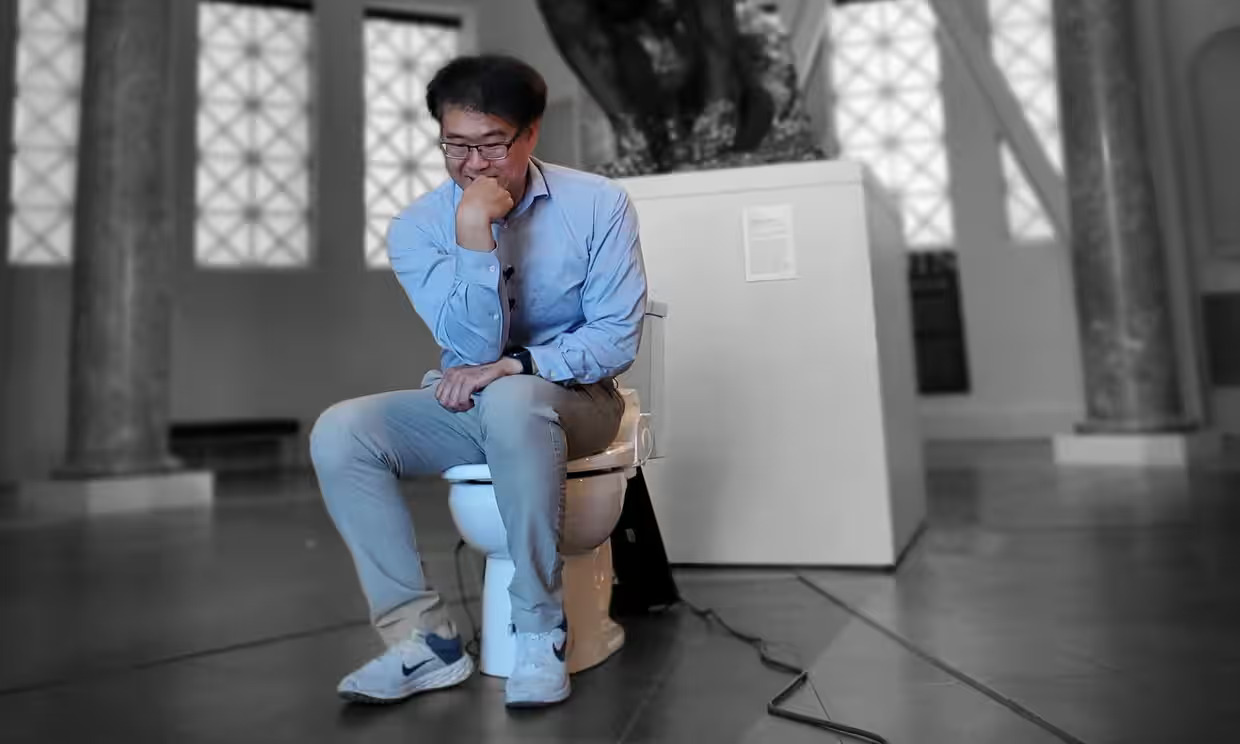
Unidentified gunmen arrested several Sudanese leaders from their homes early Monday morning after weeks of tensions between military and civilian officials in the East African country. Pro-democracy activists condemned “Military conspiracy” The sacred post-dictatorial union between civil and military officials in this East African country was short-lived.
The Internet was cut off across the country as protesters gathered in the streets and set fire to tires.
According to the Ministry of Information, most of the ministers and members of the public of the Sovereign Council overseeing the change were arrested on Monday. Conducted by them “Military Forces”, Without giving further details, the Ministry adds. Prime Minister Abdullah Hamdo was one of the leaders arrested. The media had earlier reported that he was under house arrest. “Most of the ministers and members of the public of the Sovereign Council have been arrested.”The Ministry of Information has announced that small data is being filtered in a country where the internet is disconnected and telecommunications are increasingly uncertain.
The events come two days after a Sudanese faction demanded the transfer of power to a civilian regime “Widespread conspiracy”, At a press conference trying to prevent a crowd of unidentified people.
Transition to civilian rule
Sudan has been undergoing a dilemma since the ouster of President Omar al-Bashir in April 2019 due to political divisions and power struggles. Since August 2019, the country has been ruled by an administration consisting of civilians and military personnel. Transition to a complete civilian regime.
On Thursday, massive demonstrations took place in several major cities across the country. The mobilization was named “Earthquake” Its size: Forces for Freedom and Change (FFC), the forerunner of the movement that led to the fall of dictator Omar al-Bashir, announced less than a million protesters in several cities, although their numbers were certainly overestimated.
Analysts say recent mass protests show strong support for public-led democracy, but street protests could have little impact on powerful factions returning to military rule.
Increased categories
In 2019, the main group of citizens who led the struggle against Bashir split into two opposing factions. Tensions between the two sides have long been high, but divisions escalated after the failed coup on September 21. Last week, tens of thousands of Sudanese marched in support of a complete transfer of power to the public in several cities and demanded a return to power in the face of a multi-day sit-in protest by rivals outside the presidential palace in the capital, Khartoum. “Military rule”.
On Saturday, Abdallah Hamdock denied rumors that he had agreed to a cabinet reshuffle and called them. “Not exactly“Even the Prime Minister “Underlined that he did not monopolize the right to determine the fate of intermediaries.”. On Saturday

“Incurable web evangelist. Hipster-friendly gamer. Award-winning entrepreneur. Falls down a lot.”



